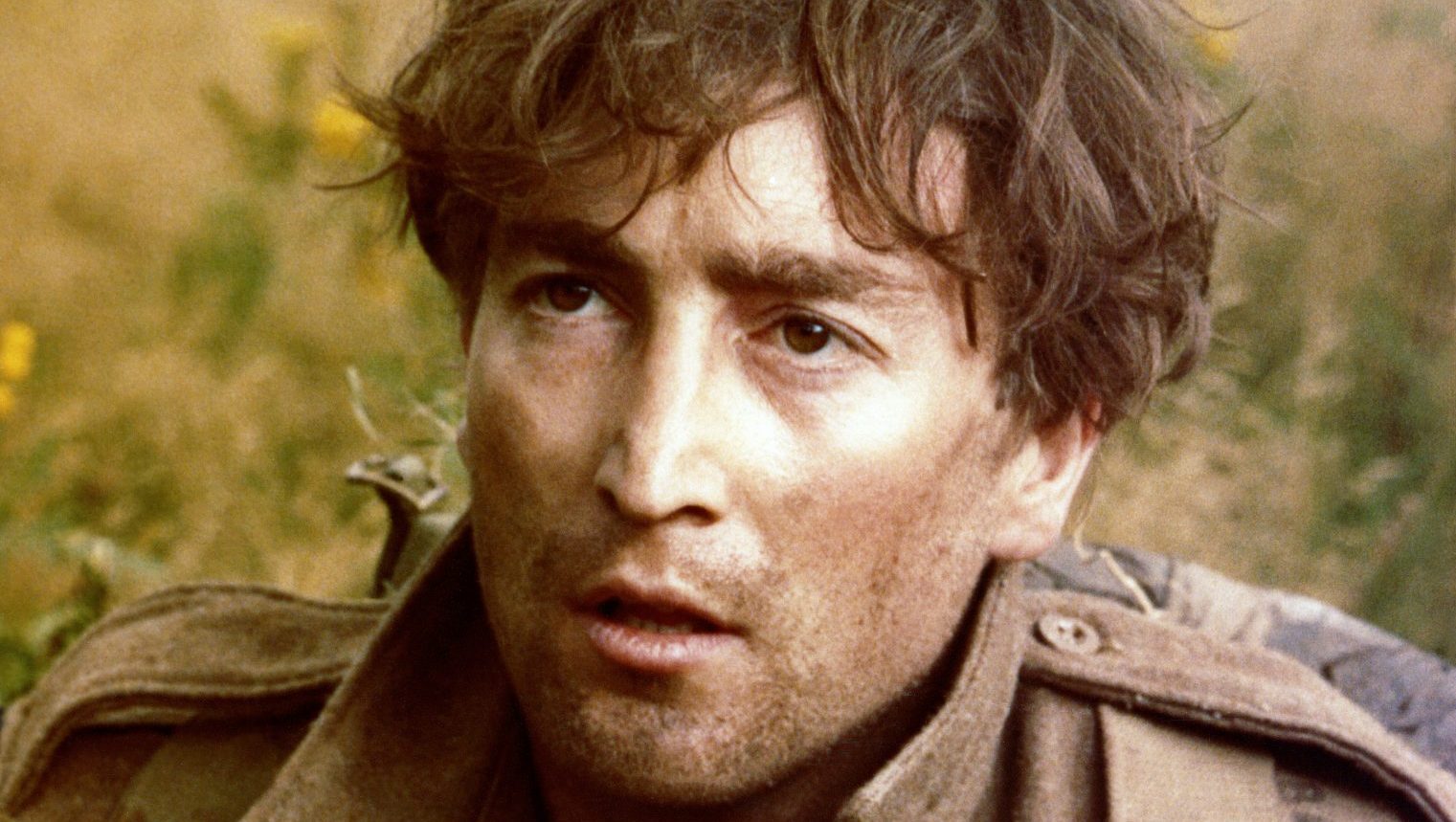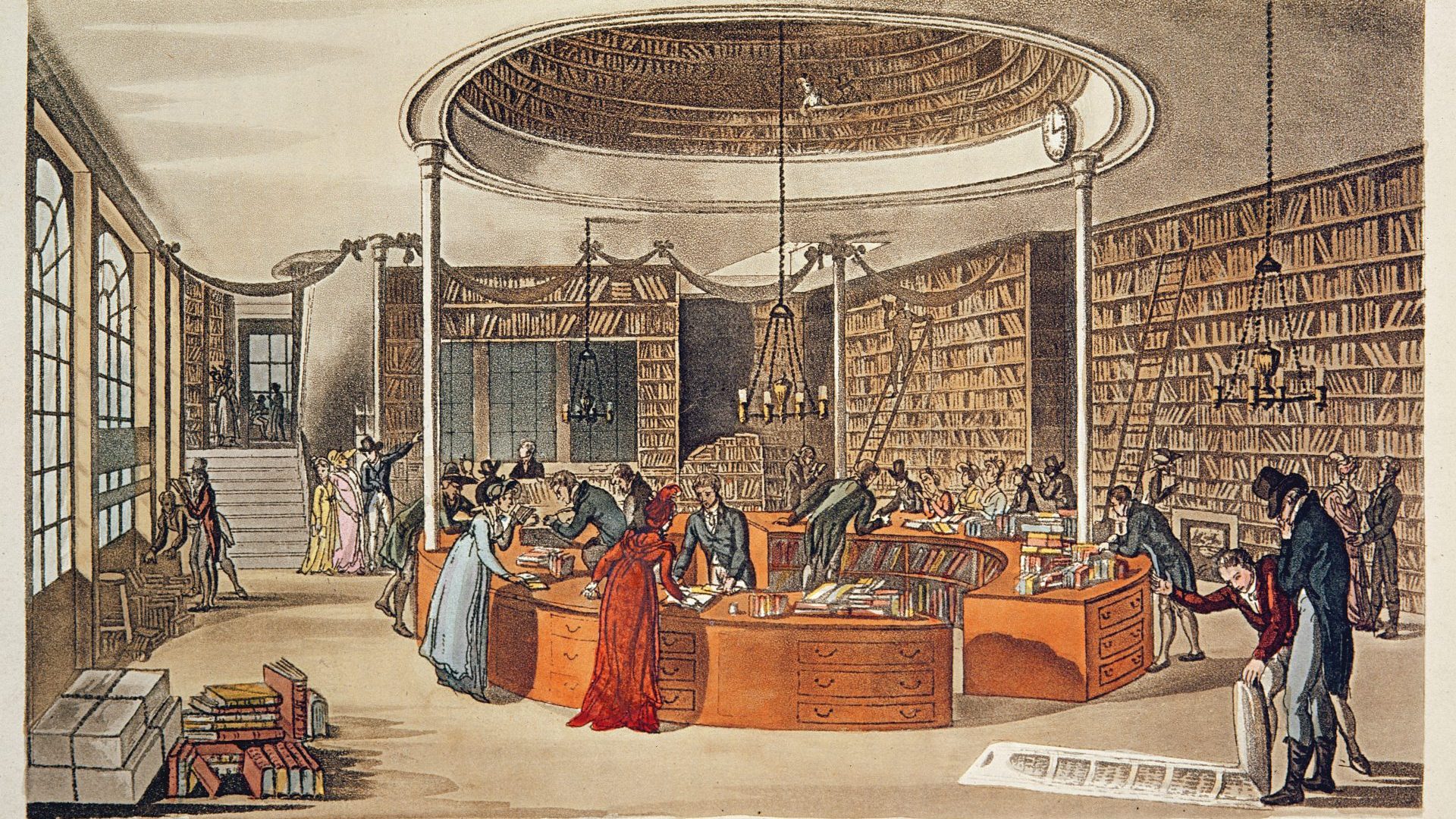You meet a lot of interesting people on amateur football pitches. After lockdown, the older, more vulnerable players in our Camden Tuesday night eight-a-side game who were still shielding were replaced by a right bunch of comedians. Notably, two young Irish stand-ups who were as good with their feet as they apparently were with their mouths.
John Meagher, a likeable red-bearded comic, was already deservedly drawing press comparisons with Billy Connolly while supporting Patrick Kielty on nationwide tours, but Vittorio Angelone was still scarpering around the country doing podcasts and try-out nights, taking any opportunity to get his name and work across.
But since his sell-out debut Edinburgh Festival show in 2022 secured him a nomination for Best Newcomer, the 27-year-old Belfast boy with Italian and Irish grandparents has moved through the comedy ranks with the same speed and agility that his friend John can carve through a defence.
His act draws on his relationship with his mixed European heritage grandparents, his ability to skate on a razor blade’s edge between offence and candid political observation, and his barbed, no punches-pulled crowd work. At the start of 2023, he had just 5,000 followers on Instagram – now he has 200,000.
There’s an older generation of celebrity or business figures who will tell you in newspaper interviews that social media followers mean nothing, but try telling that to Angelone, whose bookings have gone from 40-seater clubs to multiple repeat sold-out bookings of prestigious 400-seater venues like the Leicester Square Theatre and Leeds City Varieties in a matter of months. His biggest sold-out venue on this tour will hold 1,000 people and he has sold out six consecutive nights in London.
This ascent is unlike the generations of comedians who have preceded him. “He’s a monster on social media,” says popular London comedy compère David Lewis of the Big Nose Comedy Club, Highgate. “He absolutely puts the rest of us to shame.”
“I do feel I’ve skipped some steps,” admits Angelone. “I’ve done shit gigs and open mics and learned my craft but I don’t feel like I’ve been in the comedy trenches as much as many of my colleagues. Also, I don’t feel the size of the following means I’m better than anyone. There are comedians whose ability, writing and performance I envy hugely, who can’t sell as many tickets as I can. That’s a strange feeling, but for whatever reason my stuff seems to be resonating and I’d be a fool to question that too much.
“The Edinburgh nomination definitely helped reassure people that the show was actually good and not just me asking people what they did for a living,” he says, of the biting Instagram crowd-work clips that helped to build his reputation.
He started his comedy training and career way back at home and school. “My Nonno and Nonna were both extremely funny,” he says. “Nonno still is, Nonna less so”. This is his way of telling me that his gran died recently.
Angelone is very much a product of the best of European free movement. He says: “Nonna was born in Sora and grew up in the village of Olivella between Rome and Naples. Moved to Belfast at 15, speaking no English. Nonno was born in Belfast as one of 13 siblings. My great-grandfather, Vittorio, owned and ran Victor’s Cafe, an ice cream shop famous across Belfast that was sadly burned down during the Troubles.
“When I was 10, I was cast as the jester in my primary school panto and I sat down in front of the TV with a notebook to work out why Peter Kay and Lee Evans were so funny and how I could be the same.”
However, it was classical music, not comedy, that eventually drew him away from Belfast, moving to London aged 18 to study classical percussion at the Guildhall School of Music and Drama.
“I performed at the school proms and the actual Proms, in fact I fell asleep on stage at the Royal Albert Hall during the Proms. There were quite a number of bars’ rest in the middle and I nodded off. I was woken by the opening of a movement called the Infernal Dance, which was thrilling to say the least. Luckily, being a percussionist I slept for about 10 minutes and didn’t miss a note.”
In his early 20s, he found himself performing comedy with the Wind Up Penguin Theatre Company to refugee children at the Schistou Camp outside Athens.
“We basically entertained and performed for and with the children to afford them a sense of play and imagination that is often stripped from kids in those places. Also, it allows their parents time to deal with the endless paperwork and admin involved in seeking asylum and attempting to reunite with relatives.”
If the last hundred years of successful comedy performance have progressed from music hall to radio to television to rock festival to panel show, we are now in the post-television age. If you’re wondering why you’re reading about a comedian you’ve never seen on Friday night TV, Vittorio has achieved his rapid rise with virtually no TV exposure.
When I asked him a year ago if his ambition was to create or star in a sitcom, as previous Irish comedians like Sean Hughes, Ardal O’Hanlon, Tommy Tiernan or Dylan Moran have, he simply asked me why he would bother when he can go directly to his audience via Instagram and YouTube?
“The numbers get bigger on my phone but I don’t know if I’m famous or even if that concept exists,” he says. “There are comedians selling out arenas across the country that you’ve never heard of and I think that’s great.
“I don’t think I do the type of comedy that suits shows like Live at the Apollo (by the looks of my email inbox it seems like I don’t do the type of comedy that suits any TV show) and in the past I’d have had to bend my creativity to fit into these moulds, but now I don’t have to. I just put stuff online and hope to fuck people like it. And they seem to!
“I like this kind of ‘fame’,” he continues. “If it can be called that. There’s a distinction between being famous and having a following. Being famous means you’re so exposed and platformed on TV that people know who you are whether they want to or not. This means that a portion of the people who know you also hate you.
“I don’t have that. I have people who have “discovered” me on the internet. I put out what I think is funny and if you like it you click and the algorithm shows you more of my stuff. If you don’t like me then you scroll past and the algorithm means I might as well be dead to you, which is ideal.”
Angelone and his podcast co-host, Mike Rice – the foul-mouthed son of an Irish farmer – have arrived at a time when poking fun at Britain’s imperialist past and institutional entitlement gets big laughs. Whereas their grandparents’ generation were prime targets for mainstream British comedians, the roles have been reversed. Vittorio Angelone and his peers represent a generation who have disconnected from Brexit-era Britain.
There’s a freshness to this generation of comedians who are defining their own world. Like many of his contemporaries, Vittorio is seemingly on a never-ending tour.
He is already infamous and infectious enough for comedy fans to refer to him by just one name, just like Vic and Bob, Sadowitz, Ade and Rik, and others before him. And Ireland’s international status is at the heart of it.
“Mine and Mike’s podcast straddles the border of the EU if you can believe it. We have to fill out extensive forms every week to record episodes together. We’re like an audiological soft border.”
You can find him on your phone and at a sold-out theatre near you.
James Brown is the author of Animal House, his memoir about his years as a magazine editor



